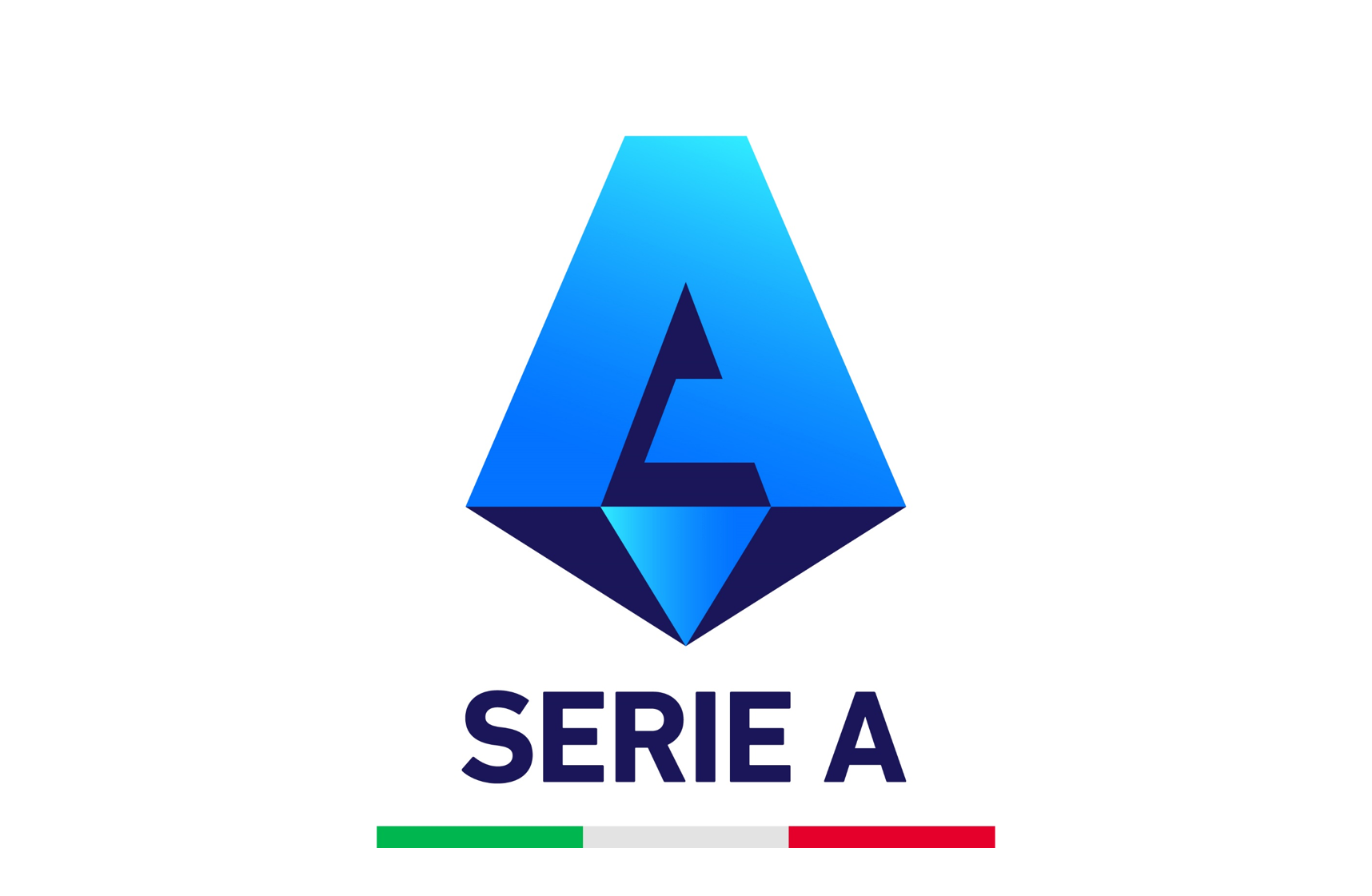Opening Thoughts
While modern football might have originated in England, they have exported it to many countries with a far more profound impact on the game over the last 70 years. The obvious example here is Brazil, but Italy hasn’t just lifted several World Cups; the influence of Italian football permeates the modern sport on a much deeper level.
Some fans might look at the Serie A and think it plays second fiddle to the Premier League and La Liga. While that is true from a monetary perspective, which means that the top players go to England for the highest wages, Italian football is prevalent, whether it’s the elite managers that the country has produced, Ballon d’Or winners, terrace culture, or influential players whose impact is apparent in the modern game.
Italian Football In The 1980s
Diego Maradona signing for Napoli in the 1980s was undeniably the transfer of the decade, not just in Italian football but across Europe. The Argentine is widely considered the greatest player of the 20th century. Still, the fact that his then-world-record fee brought him to Italian football meant that more eyes and interest were fixed on the domestic league.
For better or worse, this signing set a precedent that the world’s best players would move countries and leagues if the price was right. In the modern age, these are the sort of betting markets that football fans seek out.
In Maradona’s day, the betting markets were more rigid, offering outrights and markets on games, but as online websites started to change the trajectory of the industry, those sports fans who were looking for where to bet and where to find sports betting markets that catered to more niche elements of football betting, the market flourished with millions of football bettors now betting on Serie A from overseas as well as domestically.
Serie A Golden Age
Moving into the 1990s, Serie A was in its prime. Many believe that Italian football was at its strongest between the mid-1990s and the mid-2000s. This included, but was not limited to:
- Sven’s Goran Erikson’s Lazio team.
- Carlo Ancelotti’s Parma and AC Milan sides.
- Claudio Ranieri’s Fiorentina team – spearheaded by Gabriel Batistuta.
- Brazilian Ronaldo at Inter Milan.
Now, it’s clear that not all these players and managers are Italian, but they helped to turn Serie A into a global bastion of the domestic game and set the blueprint for other leagues to transform into global brands.
This cultural shift in football wasn’t just revolving around Serie A. Although it was the European football titan that was pulling other leagues into its orbit, high-profile players who had established themselves in Serie A lit up other leagues as well.
Players like Gianfranco Zola and the late Gianluca Vialli at Chelsea injected a new lease on life into the Premier League in the 1990s, as did big-money signings like Fabrizio Ravanelli at Middlesbrough. When these players moved to the Premier League, they were watershed moments for the league in the 1990s, which spoke to the quality and esteem people held Italian football in during that era.
Modern-Day Influence In Domestic Football
While Serie A might not have the same pull it did back in the 1990s, and the teams may not be revered in the same way, coaches and players from that time continue to imprint their legacy on modern sports.
The best example of this is Carlo Ancelotti, who is now widely considered one of the greatest managers of all time. Many analysts have made the case that following his fifth Champions League title at the end of the 23/24 season, he is quite comfortably the greatest manager ever.
Cristiano Ronaldo’s move to Juventus in 2018 was another example of how the league still has significant pull. This is despite the fact that some fans will besmirch the league’s quality and talk about how it is falling behind the likes of the Premier League and La Liga.
Even with the immense wealth in the Premier League, more players have won the Ballon d’Or while playing in Serie A than in English football. So, it’s not always just about the checkbook and which club has the largest bank balance.
Continued International Success
Not only is the manager of the best team in Europe somebody who lives and breathes Italian football, but Italy’s Euro 2020 win was another great example of how the national footballing identity can still pull it out of the hat when it matters, even in the face of adversity.
While this national joy was short-lived, and their recent performance at Euro 2024 is a cause for concern, there’s no denying that Italy still plays a pivotal role in football’s landscape, both on a domestic level and internationally.
The only international side that’s won more World Cups than Italy is Brazil. With two European Championships to their name, they completely surpass other nations in Europe, including England, which has one World Cup and zero Euro Championships despite consistently talking about the influence and quality of its domestic game.
Conclusion
Italy sits alongside Spain and Brazil in an elite bracket of football. Not only have the international teams consistently delivered on an international level, but as we have touched on today, there are a number of managers within the game who have changed the framework of modern-day football and how it fits into the wider modern-day sporting culture.
Serie A doesn’t have the same appeal as it used to, and it doesn’t attract the same level of elite, consistent quality. Except for Inter Milan and their appearance in the 2023 UCL final, Italian clubs have fallen behind Spanish and English clubs at the highest level of domestic football.
While Carlo Ancelotti is flying the flag exceptionally high in the modern game, teams within Serie A will be keen to revisit this incredible appeal that the league and teams had in the 1990s so that it can recapture some of that previous glory.

